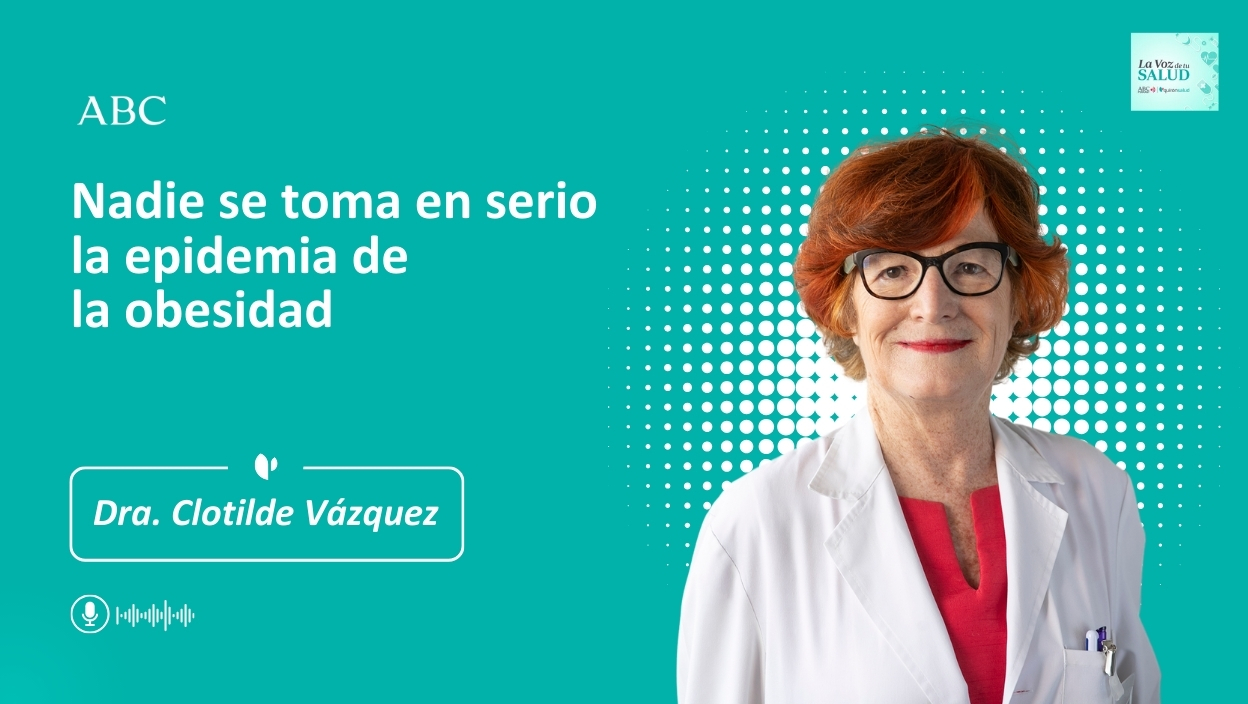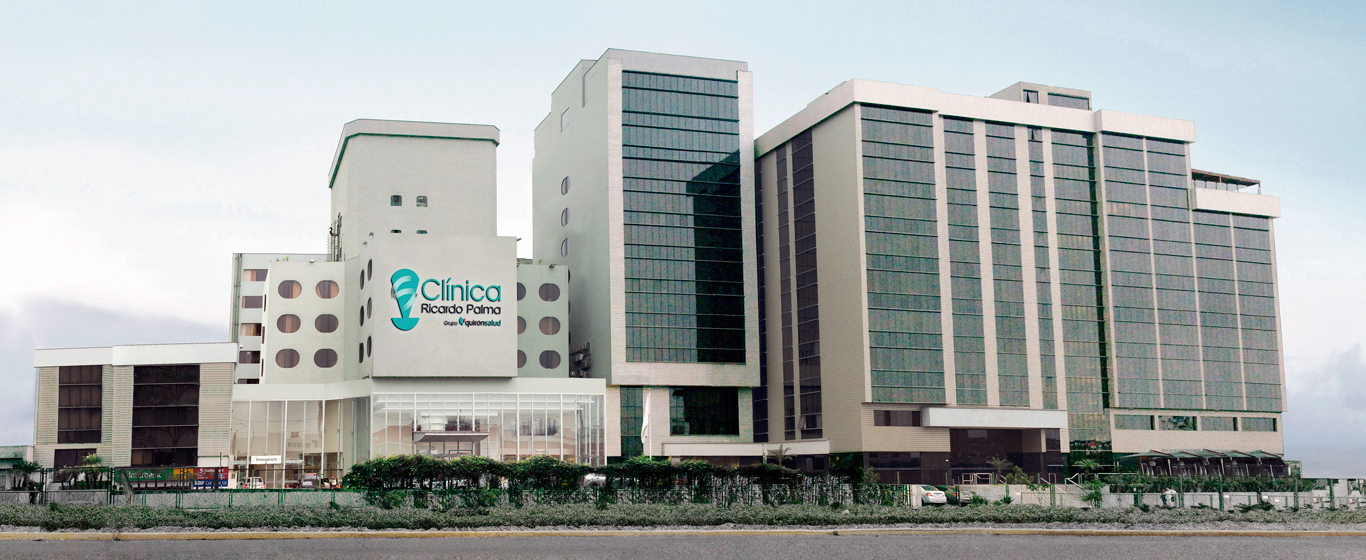Endocrinology and nutrition
Find all the answers to your questions about the speciality of endocrinology and nutrition. We talk to you about the main diseases related to nutrition and the endocrine system, such as diabetes and thyroid, the most important symptoms and the different techniques that are normally used in the diagnosis and treatment of these diseases. Book your appointment with the endocrinologist at one of our hospitals.

What is endocrinology and nutrition?
The branch of medicine that treats pathologies of the endocrine or hormonal system, nutrient metabolism and nutrition-related diseases is generally known as endocrinology and nutrition. This speciality also revolves around promoting a healthy lifestyle by focusing on the importance of what we eat, which has a very positive impact on patients’ quality of life and on the prevention of diseases resulting from dietary disorders.
What does endocrinology and nutrition study?
Endocrinology and nutrition specialists focus on studying the functions of the different organs of the endocrine system, and the diseases that affect them, as well as metabolic pathologies or nutritional problems. To this end, at Quirónsalud we focus on different subspecialties:
- Diabetes unit: its main objective is for endocrinologists to provide treatment and for the team of nurses/educators to teach patients how to control their diabetes, regardless of whether it is type 1, 2 or gestational diabetes, and prevent high blood sugar levels from remaining chronically high and potentially causing other serious complications.
- Thyroid unit: hyperthyroidism, goitre or hypothyroidism are some of the diseases affecting the thyroid gland. This unit studies these diseases to be able to make an accurate diagnosis and provide suitable treatment in the shortest possible time.
- Obesity unit: offers personalised diagnosis and treatment based on the patient’s medical and family history, physical characteristics and lifestyle. These treatments can range from a multidisciplinary approach to lifestyle, to the use of medication or bariatric surgery, thanks to the collaboration of dieticians-nutritionists, psychologists or physical educators. The main goal is to help patients lose weight in a controlled, safe manner.
- Clinical nutrition unit: focused on addressing problems related to malnutrition in oncology patients, surgical patients or those affecting nutrient metabolism. Working closely with dieticians-nutritionists and/or the use of artificial nutrition formulas are key to treatment.
Which patients is it for?
Endocrinology and nutrition treats patients with disorders related to the malfunctioning of hormone-controlling glands such as the thyroid, parathyroid, pituitary, adrenal or gonads. It also looks after the health of people with metabolic diseases such as diabetes or severe obesity.
Techniques, procedures and diagnostic methods
Endocrine diseases and nutritional disorders can be approached from very different perspectives. Some of the most commonly used diagnostic techniques include:
- Computerised axial tomography (CAT) or Nuclear magnetic resonance and mainly ultrasound, the latter can be performed in the endocrinologist’s office. The aim is to carry out an image diagnosis that enables precise observation of the glands with a view to detecting possible tumours or nodules.
- Densitometry (DEXA): this X-ray procedure is used to measure the amount of calcium and other minerals present in the bones.
- Fine needle aspiration (FNA): an aspiration biopsy to obtain tissue and fluid from a thyroid nodule to assess whether it is benign or malignant.
- Anthropometric study: this can be done by measuring body segments and perimeters, or using bioelectrical impedanciometry or performing an ultrasound scan of adipose and/or muscle tissue.
- Continuous glucose monitoring: allows detailed knowledge of a patient’s blood glucose profiles in order to personalise and adapt diabetes treatment.
Some of the treatments most often carried out in this speciality are:
- Bariatric surgery: this procedure is used to modify the digestive system in patients with severe obesity. This type of surgery uses techniques such as gastric bypass, or the gastric Sleeve.
- Pharmacology: focused on the monitoring of hormonal disorders, glucose levels in patients with diabetes and appetite control in patients with obesity.
- Continuous insulin infusers or insulin pumps: enable the precise, personalised delivery of insulin to patients with type 1 diabetes.
- Artificial nutrition: consists of enteral (oral or tube) or parenteral (intravenous) feeding for patients with gastrointestinal or swallowing problems who are malnourished or at risk of malnutrition, to improve their quality of life, survival and response to oncology and/or surgical treatments.
- Radioactive iodine: used in the treatment of hyperthyroidism and thyroid cancer.
Diseases and symptoms
Main pathologies and diseases
Some of the nutrition and endocrinology diseases that are most commonly treated in a consultation include:
- Hypothyroidism
- Diabetes
- Hyperthyroidism
- Anorexia
- Polycystic ovary
- Bulimia
- Acromegaly
- Obesity
- Addison’s disease
- Dwarfism (stunted growth)
- Hashimoto’s disease
- Cushing’s disease
- Goitre
- Thyroid nodules
- Thyroid cancer
Related symptoms
The symptoms most commonly associated with endocrine pathologies are:
- Thirst.
- Polyuria
- High blood glucose.
- Unexplained weight loss.
- Unexplained weight gain.
- Hypoglycaemia or low blood glucose
- Fatigue
- Tachycardia.
- Trembling
- Excessive sweating
- Hot flashes
- Hair loss.
- Menstrual disorders.
- Galactorrhoea or milk discharge from the breast.
- Gynecomastia or male breast growth.
- Hirsutism.
- Enlarged hands, feet, ears and nose
- Muscle weakness.
- Cervical tumour.
- Anterior cervical pressure.
About the nutritionist and endocrinologist consultation
We solve any doubts you may have before you see the specialist
The consultation with the endocrinologist will vary depending on the patient’s symptoms and pathology. As a general rule, the doctor will begin by taking a medical history of the patient and their family history. Subsequently, they will assess the symptoms and perform a physical examination which will lead to more exhaustive tests to help reach the correct diagnosis and/or the most suitable treatment.
What should you keep in mind?
Patients do not often know when they should see an endocrinologist, due to lack of knowledge about the speciality. As a general rule, a specialist should be consulted in the case of high levels of sugar, cholesterol or triglyceride in the blood, sudden or unexplained changes in weight, extreme fatigue, constant thirst, polyuria or tachycardia and/or tremors, as well as the appearance of a lump on the front of the neck.
If your goal is to tackle excess weight and/or obesity, a specialist in endocrinology can help you better understand the triggering factors and possible consequences of excess weight on your health, and guide you on the best treatment for you. If your case is not serious and your goal is to improve your nutritional habits by learning how to eat, we recommend that you visit our dieticians-nutritionists, who will consult a specialist in endocrinology and nutrition if necessary.
What should I take to the appointment?
We recommend that you come to the appointment with the results of any tests carried out previously and a list of the symptoms you have noticed to help the specialist carry out a more personalised examination and provide subsequent treatment for each patient.
You may receive a questionnaire a few days before your appointment asking about your medical history, usual medication and other specific questions that will allow us to anticipate certain aspects of your consultation, helping us to expedite and personalise your care. To do this, we recommend that you download the free Quirónsalud Patient Portal application, which will facilitate communication with your healthcare team.

If you have any further questions, please contact us through the Patient Services telephone number: 900 301 013




























































